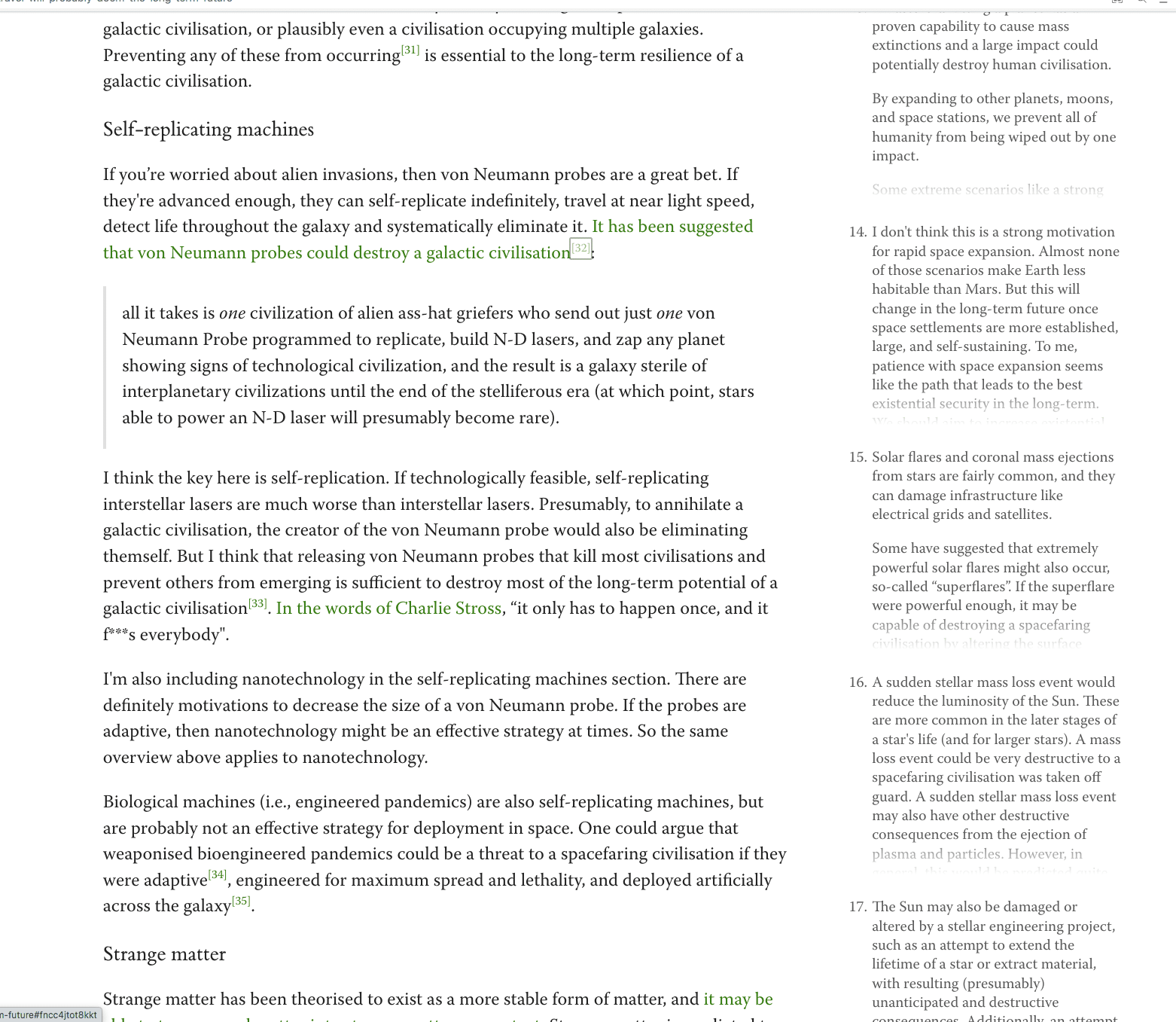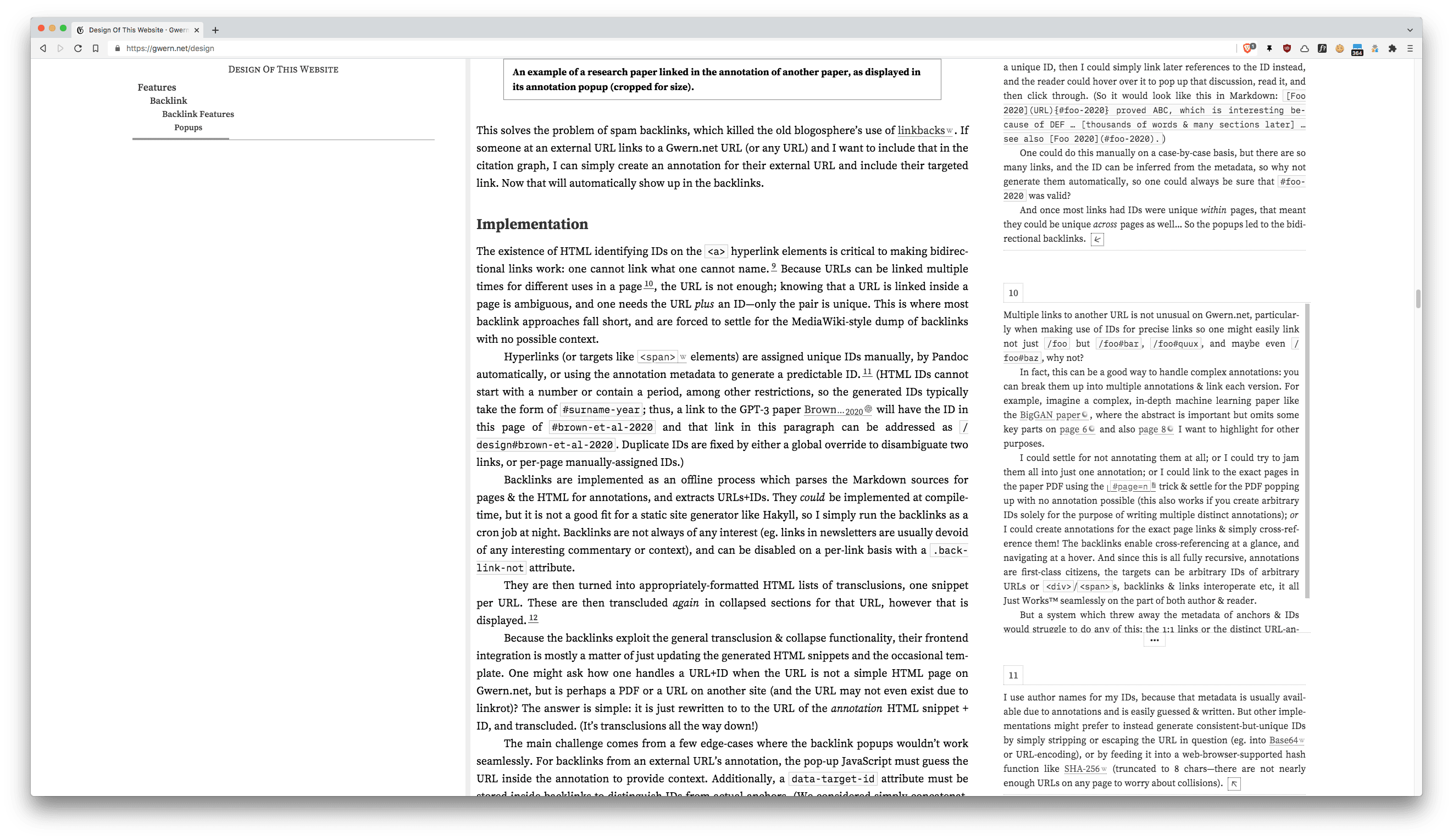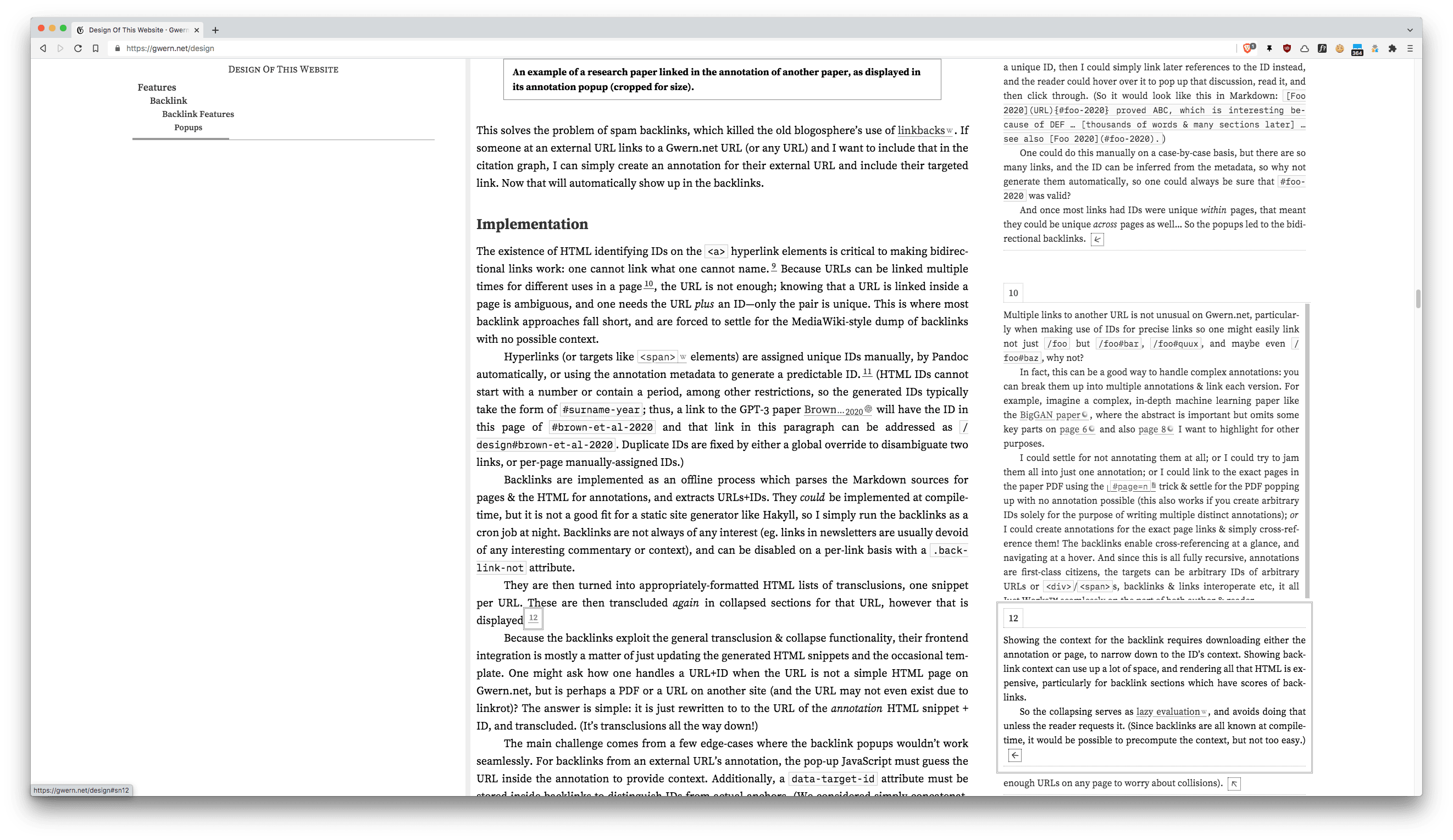The Real Rules Have No Exceptions
(This is a comment that has been turned into a post.) From Chris_Leong’s post, “Making Exceptions to General Rules”: > Suppose you make a general rule, ie. “I won’t eat any cookies”. Then you encounter a situation that legitimately feels exceptional , “These are generally considered the best cookies in the entire state”. This tends to make people torn between two threads of reasoning: > > 1. Clearly the optimal strategy is to make an exception this one time and then follow the rule the rest of the time. > > 2. If you break the rule this one time, then you risk dismantling the rule and ending up not following it at all. > > How can we resolve this? … This is my answer: Consider even a single exception to totally undermine any rule. Consequently, only follow rules with no exceptions.[1]. When you do encounter a legitimate exception to a heretofore-exceptionless rule, immediately discard the rule and replace it with a new rule—one which accounts for situations like this one, which, to the old rule, had to be exceptions. This, of course, requires a meta-rule (or, if you like, a meta-habit): Prefer simplicity in your rules. Be vigilant that your rules do not grow too complex; make sure you are not relaxing the legitimacy criteria of your exceptions. Periodically audit your rules, inspecting them for complexity; try to formulate simpler versions of complex rules. So, when you encounter an exception, you neither break the rule once but keep following it thereafter, nor break it once and risk breaking it again. If this is really an exception, then that rule is immediately and automatically nullified, because good rules ought not have exceptions. Time for a new rule. And if you’re not prepared to discard the rule and formulate a new one, well, then the exception must not be all that compelling; in which case, of course, keep following the existing rule, now and henceforth. But why do I say that good rules ought not have exceptions? Because rules already don’t h



Who could possibly be disagree-voting with this comment? What does it even mean to disagree with me saying that I endorse someone’s interpretation of my own words?